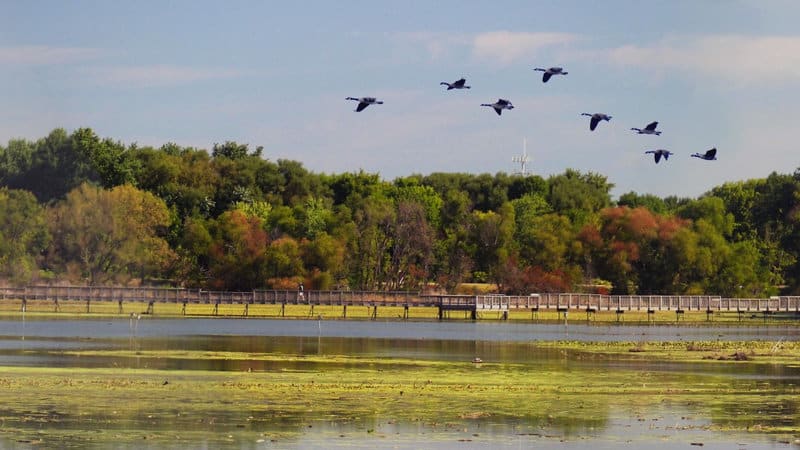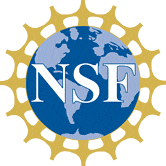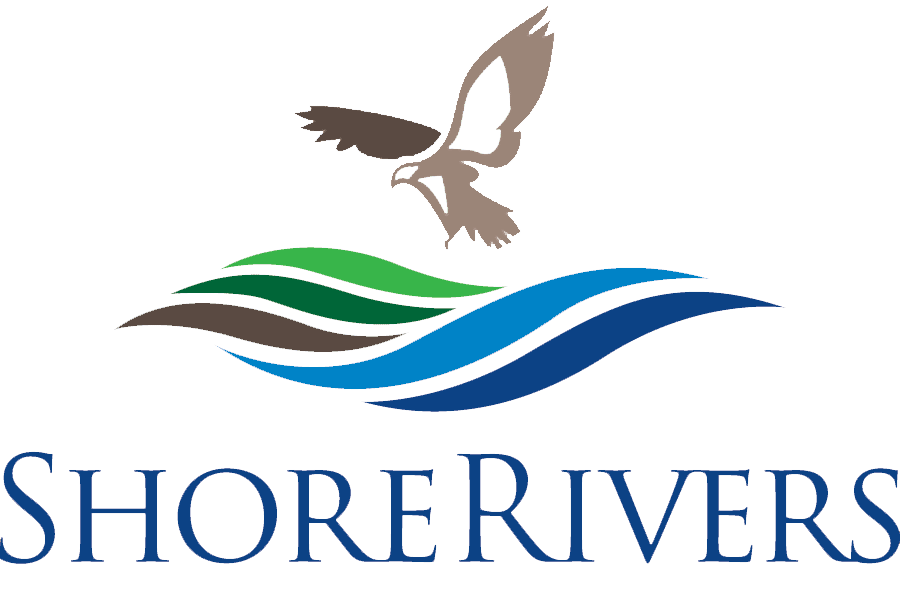[In-Person Educator Workshop] Tidal Wetlands in the Face of Climate Change

- This event has passed.
[In-Person Educator Workshop] Tidal Wetlands in the Face of Climate Change
April 14, 2023 , 9:00 AM – 3:00 PM EDT

- When: Friday, April 14, 2023, 9 a.m.–3 p.m.
- Where: John Heinz National Wildlife Refuge at Tinicum, Philadelphia, PA (map below)
- Audience: This workshop is open to homeschool providers, classroom teachers, and non-formal environmental educators. Six hours of Act 48 are available for Pennsylvania Certified Teachers. A certificate of participation will be provided for teachers/participants outside of Pennsylvania.
- Cost: Free. Seats are limited and registration is required. The school districts of the first 10 teachers who register can be reimbursed for substitute teacher costs.
- Lunch: Provided thanks to our NSF project funding! See registration to note any dietary preferences.
Registration has closed.
Join us for a day at John Heinz Wildlife Refuge, engaging side by side with scientists and educators from Stroud Water Research Center, John Heinz, and ShoreRivers as we embark on a hands-on journey exploring the impact of climate change on tidal wetlands.
Bonus: Participants get their very own foldscope to use forever, with an opportunity for one teacher to be selected for a continued partnership to work with your school and us on these important topics in the upcoming 2023–2024 school year (funding is available)!
Tidal wetlands, from salt marshes to cypress swamps, are not just a scenic backdrop for coastal lifestyles. These vital ecosystems are home to diverse animal and plant communities, provide valuable outdoor experiences for people, and link biogeochemical cycles occurring in watersheds and their estuaries. Tidal wetlands are also shifting and changing as rising sea level pushes inland, in some places disappearing under the tide forever or migrating upslope with altered plant communities. While the recent acceleration of sea level rise is driven by global warming, the response of tidal wetlands is governed by plant physiology, hydrodynamics, and sediment supply.
Measuring the sand and mud carried by rivers and delivered to tidal wetlands is more complicated than it might seem. Scientists are using high-tech methods borrowed from the biotech sector to track where sediment comes from over different timescales to help predict how tidal wetlands in different places will respond to sea level rise.
But not everyone needs to use these tools to appreciate the balancing act playing out in tidal wetlands across the coast! A few simple lessons can help people understand these processes and their implications for our watersheds and communities and how we can live sustainably on our coasts.
Workshop Objectives
- Engage with scientists to learn about the importance of estuaries and how climate change impacts them (and us!)
- Explore an estuary, collecting and analyzing water and soil samples with activities you can replicate with students.
- Collaboratively model how to incorporate these topics into issue investigations and phenomena-based learning curricula.
Questions? Please contact Tara Muenz.
This material is based upon work supported by the National Science Foundation Division of Earth Sciences under Grant No. 2049073. Any opinions, findings, and conclusions or recommendations expressed in this material are those of the author(s) and do not necessarily reflect the views of the National Science Foundation.
Presented in Partnership With
John Heinz National Wildlife Refuge
Philadelphia, Pennsylvania 19153 United States + Google Map


